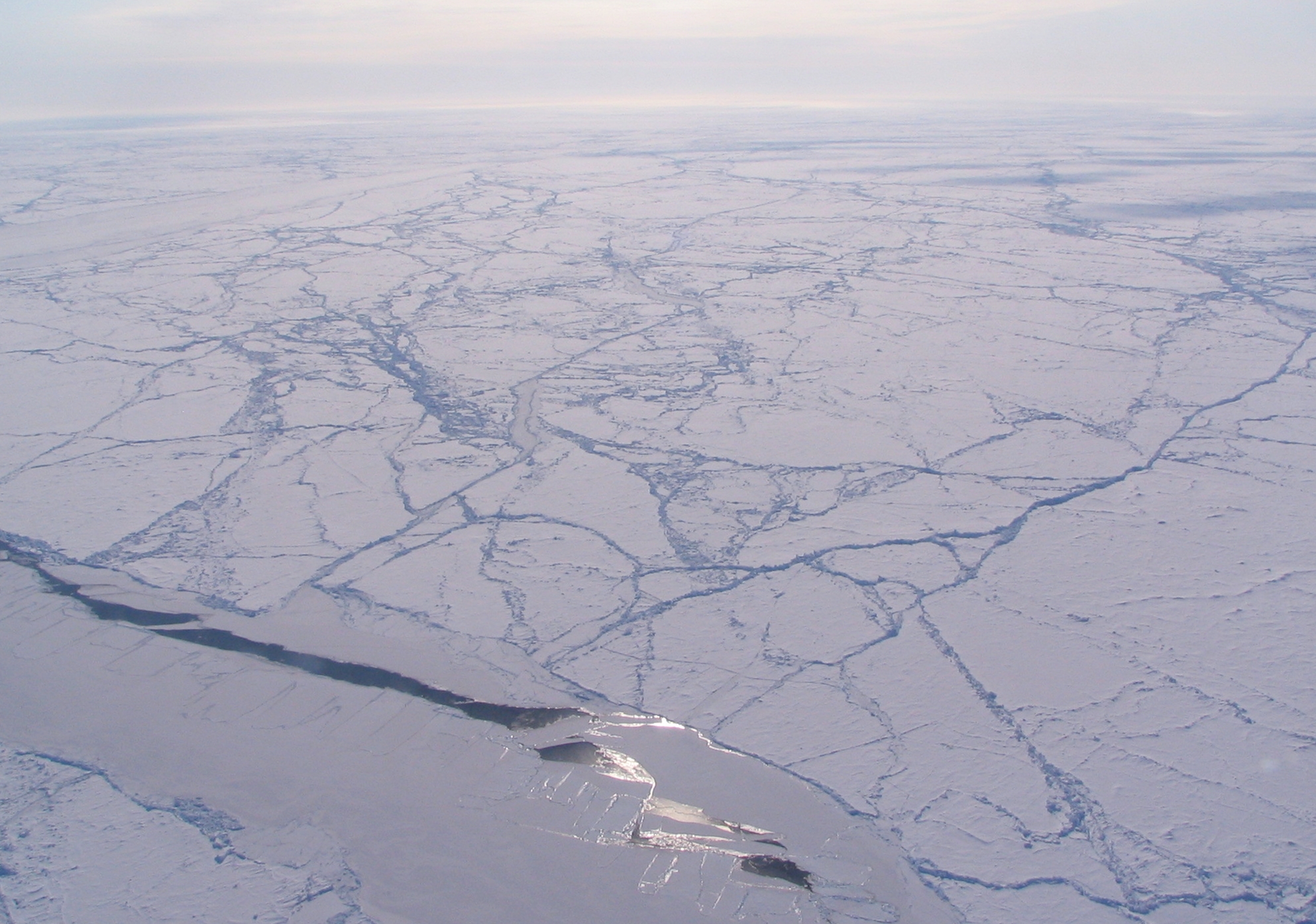Nunavut disappointed in Trudeau’s “spur of the moment” plans for Arctic

Nunavut Premier Peter Taptuna says Prime Minister Justin Trudeau did not consult territorial leaders before announcing new plans for the Arctic Dec. 20 that include an “indefinite” ban on the licensing of oil and gas activity.
Canada and the United States made the joint announcement this week as part of the two countries’ shared Arctic leadership model, a key piece of which includes a moratorium on oil and gas leasing in the Canadian Arctic and parts of the United States Arctic.
With no drilling projects currently underway in Nunavut’s waters, Taptuna said there’s no immediate impact on the territory — but he would have liked the opportunity to weigh in.
“We’re talking about devolution at this point, and that kind of [adds] some other stipulations that we may have to talk about,” Taptuna said.
[Obama prohibits offshore oil drilling in most US Arctic waters]
“I had really hoped to be part of [the government’s decision] but there was no real involvement from the North, including Nunavut,” he said. “That’s the disappointing part of this.”
As part of the announcement, Trudeau designated all Canadian Arctic waters as “indefinitely off limits” to future offshore Arctic oil and gas licensing, although the policy is to be reviewed every five years.
Taptuna said the “spur of the moment” announcement doesn’t consider that Nunavut is the least-developed jurisdiction in Canada, while his government looks to develop its “fragile economy.”
“We’re going to be living here and we’re going to be buried here,” he said.
Trudeau’s moratorium on oil and gas leasing is drawing a mix of praise, criticism and even indifference from groups across the country.
Environmental groups in Canada largely welcomed the news as an important step towards protecting the Arctic ecosystem.
But Greenpeace cautioned that even an outright ban on future oil and gas permitting fails to consider a number of existing oil exploration licenses in the Canadian Arctic.
[Imperial Oil, BP in limbo after Canada freezes Arctic drilling]
“It says nothing about the seismic blasting that my community is presently fighting against,” said Clyde River’s Jerry Natanine in a Dec. 21 Greenpeace statement.
Natanine is a complainant in a Supreme Court appeal in which the Inuit in Clyde River are trying to stop seismic blasting for hydrocarbons off the coast of Baffin Island.
“The Trudeau government must make it clear — there should be no exploratory activity in our Arctic waters unless the Inuit have consented and unless the proposed activity meets rigorous, science-based environmental standards,” Natanine said.
“Inuit, like all people, are in favor of development. But it must be done responsibly.”
In a Dec. 21 tweet, French Arctic analyst Mikaa Mered noted that oil and gas companies have already invested — and will continue to — in Greenland and Russia’s waters, rather than in the North American Arctic.
@jameshenrybell Even if this ban applies only to #Arctic waters, not lands, nearly all oil majors have already given up on the NorAm Arctic
— Mikaa Mered (@ArcticAnalyst) December 21, 2016
For its part, the U.S. is designating a large part of U.S. waters in the Chukchi and Beaufort Seas as off limits to oil and gas leasing, U.S. President Barack Obama announced in the joint statement Dec. 20.
That news upset some groups in Alaska, who say they were left out of the discussion.
This unprecedented move marginalizes the voices of those who call the Arctic home and have asked for responsible resource development.
— Governor Bill Walker (@AkGovBillWalker) December 20, 2016
There are also questions about if and how U.S. President Barack Obama’s commitments will hold under a new Trump administration and Republican-controlled Congress next year.
The rest of the U.S.-Canada statement was geared toward environmental protection in the Arctic, including plans to enact regulations and safe corridors for Arctic shipping and a commitment to phase down the use of heavy fuel.
The World Wildlife Fund-Canada said Dec. 21 that the organization is “optimistic” about what the Arctic leadership model means for some of the most vulnerable areas of the Arctic, including protection for the “last ice area” in Canada’s High Arctic, where summer ice remains, and a commitment to halt commercial fishing in the Arctic High Seas until an internationally-recognized management plan is in place.
In Nunavik, Makivik Corp. called the new policy “great news” for the protection of the region’s fragile environment.
“We still need to invest in greener renewable energy generation if we are to protect the Arctic ecosystem and its species,” said Makivk’s vice president for resource development, Adamie Delisle Alaku.
Canada also committed to investing in renewable power to help wean Northern communities off diesel, although Trudeau did not specify how or when that could happen.
In another major piece of the announcement, the Canadian government said it will develop a new Arctic policy framework, including an “Inuit-specific” component, meant to replace Canada’s Northern Strategy.
The framework will include priority areas, like infrastructure, education and economic development.
That provides a crucial opportunity for consultation with the North, Nunavut’s Taptuna said.
The premier said the territory’s focus in those discussions will be securing transportation infrastructure, which could generate revenue to build other social infrastructure, like housing.